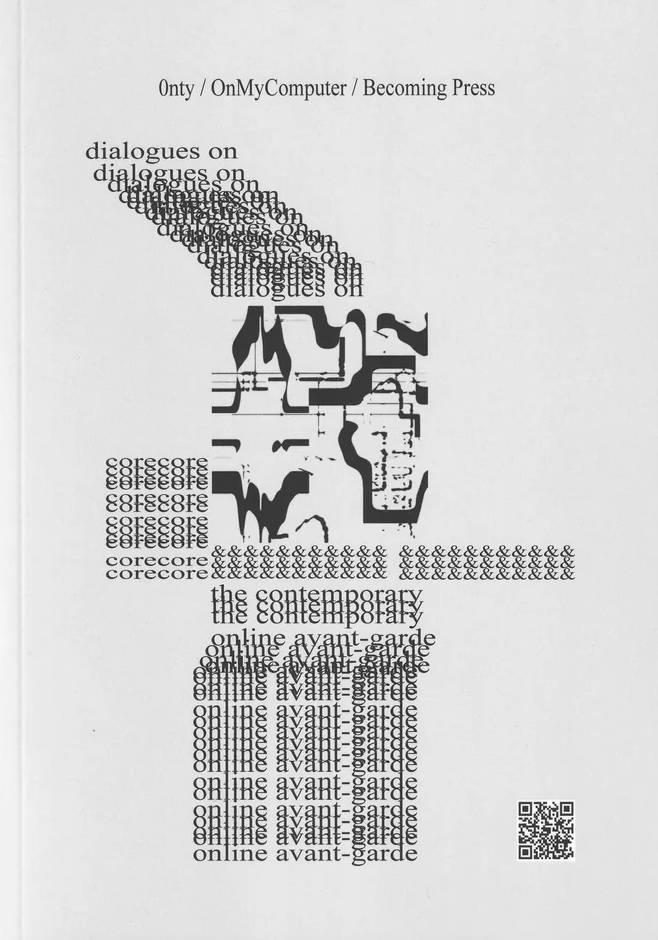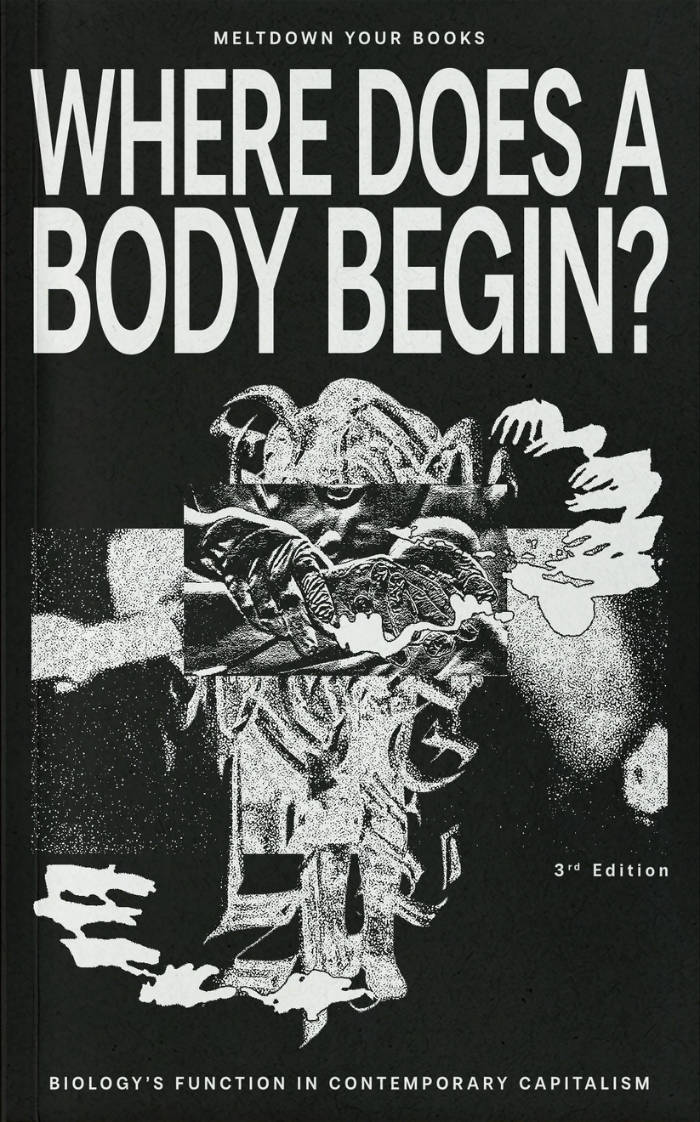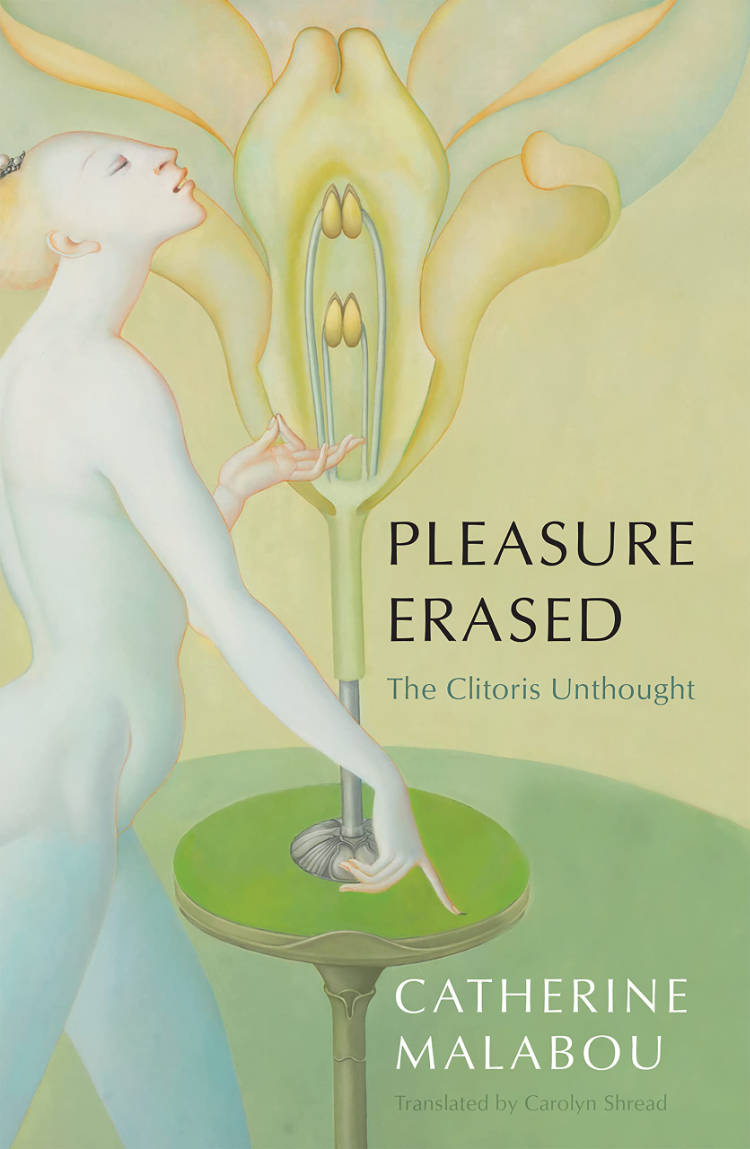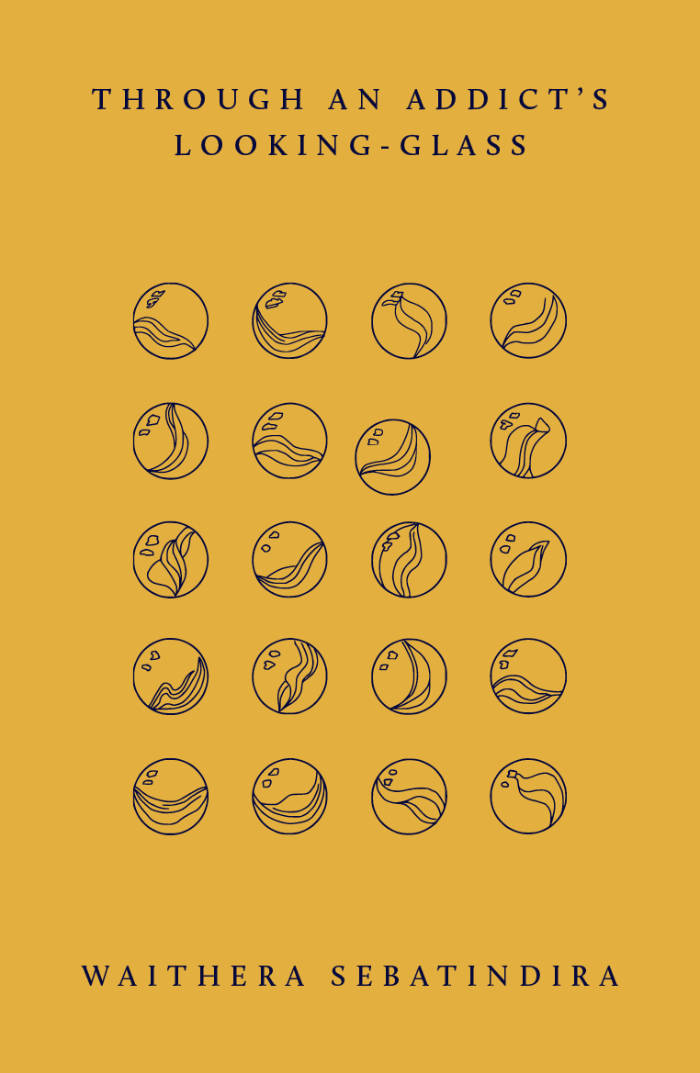
Dialogues on CoreCore & the Contemporary Online Avant-Garde
OnMyComputer ed., 0nty ed.
Featuring contributions from various artists and authors, including Louis Morelle, Persis Bekkering & Crisis Acting.
Dialogues on CoreCore & the Contemporary Online Avant-Garde gathers the work of over forty artists, writers, and philosophers to address the trajectories of the underground avant-garde digital art-world. A variety of topics and visual styles are represented in this anthology, but particular attention is paid to CoreCore, the DIY experimental filmmaking meta-trend which emerged on TikTok in the dusk of 2020. In part an anthology of critical and experimental essays, in part a curatorial artbook, in part a volume of conference proceedings, this text invites the viewer to explore the grassroots conference of a particular cybercultural moment.
This book follows on from the proceedings of All Things are Nothing to Us, a symposium on CoreCore and the Contemporary Online Avant-Garde, held on December 2nd. 2023, at the School of Visual Arts, NYC; organized by 0nty and OnMyComputer (Dylan Smith).
FEATURES WORK FROM:
0nty - Dylan Smith (OnMyComputer) - John-Robin Bold - Bebe_Crotte - Societyiftextwall - Aemmonia - Emonie Fay Chetwin (Xleepyfay) - Alice Aster - Anastasija Pavić - Anastasiia Pishchanska (shelestvetrovki) - Ash Ingram - ChaoticRhizomatic - Crisis Acting - Dana Dawud - Daniel Neeman - Edson Javier Rogil - Hunter Thompson - Joe Iovino (Levels of Nuance) - John DeSousa - John Michael - Jomel - Liam Harding (X._.pulp) - Louis Higgins - Louis Morelle - Maria Puglisi - Mason Noel - Mischa Dols - i0 xen0 - Nicholas Sanchez (Wonderful Cringe) - Nick Vyssotsky - Nikolaos Sakkadakis - Orion Arnold - Persis Bekkering - Redacted Cut - Reed McDonaldson - Rokas Vaičiulis - Rozzlyn Agnes K - Soham Adhikari - Uba - Zoey Solomon - Machine Yearning - Jordi Viader Guerrero - Tommaso Campagna - Kali Masoch







